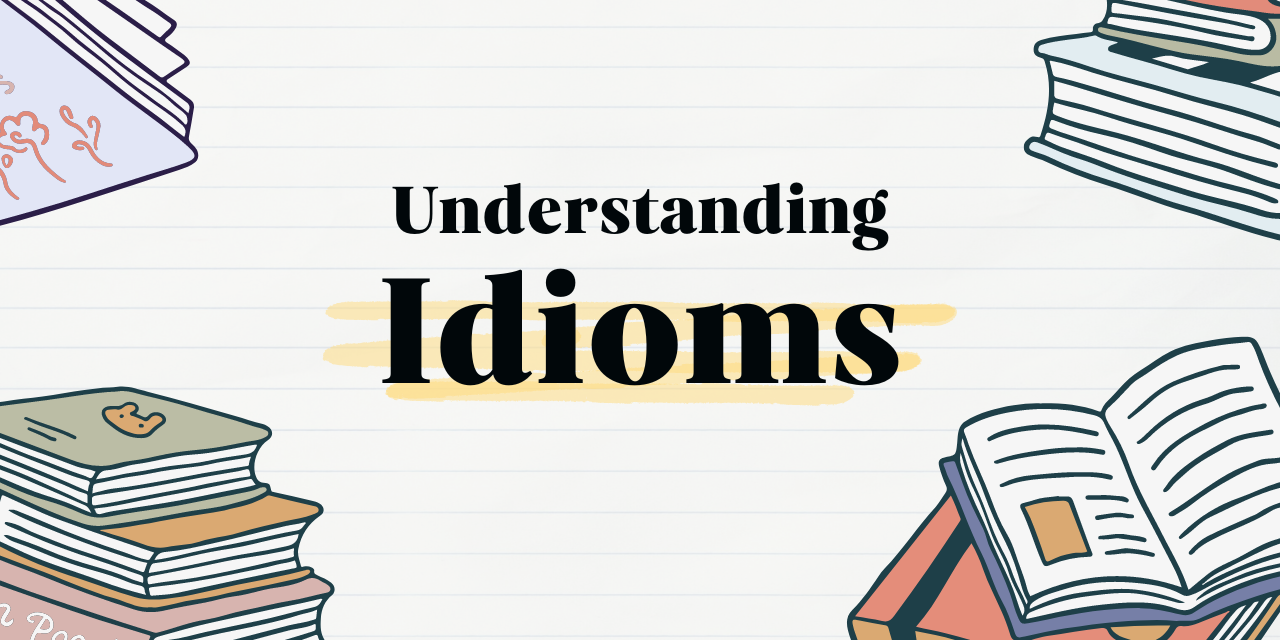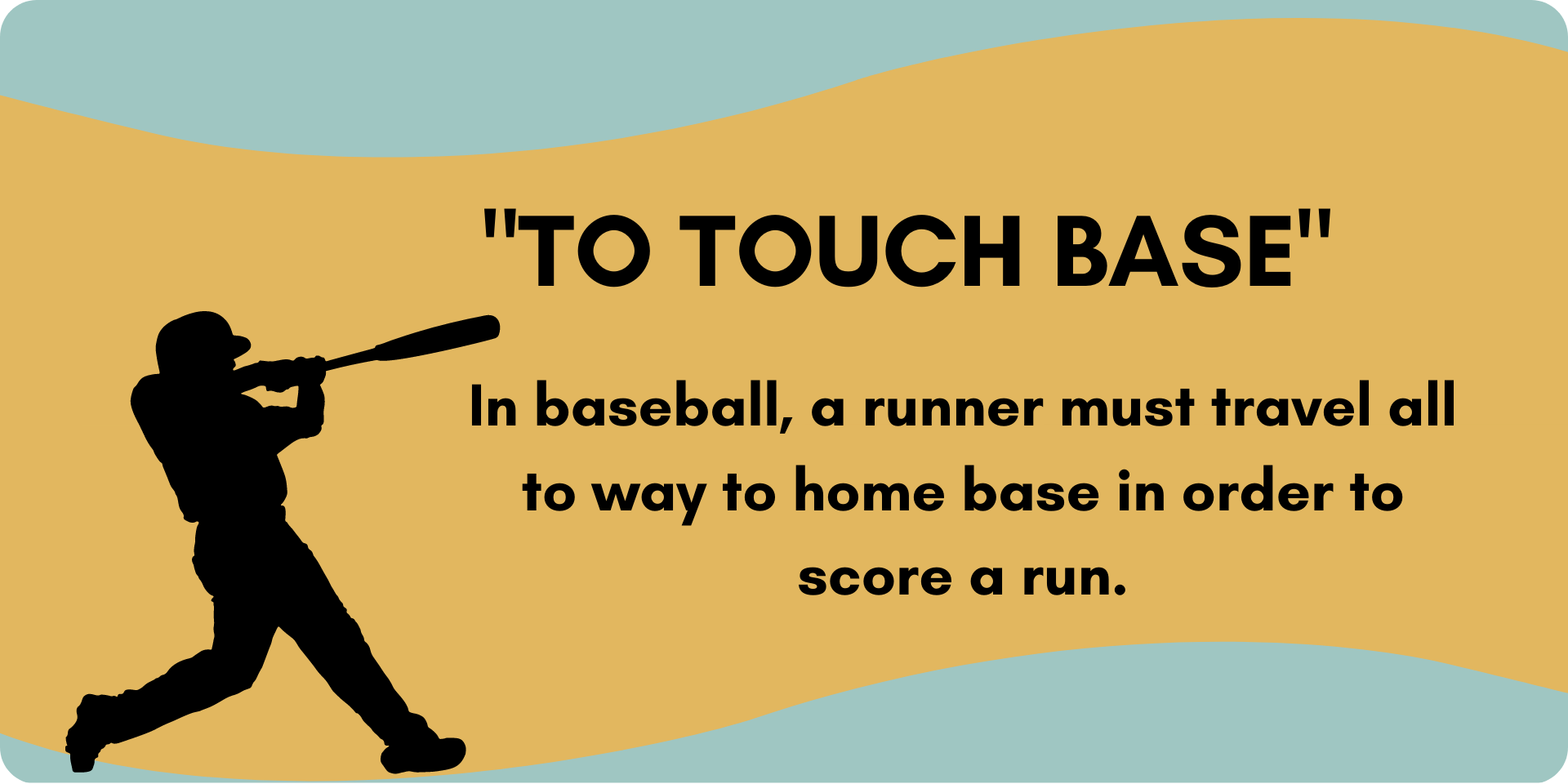- “Wrack” comes from a form of “wreck” and has meanings relating to ruin or destruction.
- “Rack” has several meaning varieties, one of which references the torture device that stretches out people on a wooden frame.
- The correct spelling of the phrase is “racking your brain.”
People often misspell words or use similar expressions in both writing and speech. Sometimes it is evident that this person has made a mistake; other times, the word in question has a similar meaning. There is doubt about which of two or more common expressions is the appropriate choice.
One such phrase is “wracking” or “racking” of the brain. People use this expression when they must think very hard to figure out an answer, the solution to a problem, remember something, or any other situation that challenges the brain.
However, only one of those expressions is correct. Let’s (w)rack out brains to figure out which one is, starting with a look at each word’s usage and meaning.
Wrack
The word “wrack” derives from an old form of the word “wreck,” meaning that something was destroyed, damaged, or cast off.
Some examples of how writers or speakers can use it correctly in sentences:
- The police officer eyed the car, wracked on the rail, and shook his head in disbelief.
Yes, it is possible to use the word as a direct synonym for “wrecked” in a situation like this; in fact, the word originated as a meaning for a destroyed ship!
- After the car exploded, there was no wrack of the collector’s rare, signed book.
While the fire itself is a bringer of destruction, in this circumstance, wrack indicates that there were no ruined remains left of the valuable book.
- He searched for hours through the nearby wrack yet found no sign of it within the waterlogged debris.
In this sentence, the meaning of “wrack” is subtly different. In this situation, the word refers to items that wash up on the shore.
Based on this variety of meanings, the most likely purpose of “wrack my brains” is that the speaker or writer is thinking so intensely that it can cause ruin or destruction to the neural pathways.
Rack
“Rack” also has several different meanings.
Racks are metal hooks or other pegs used to hang clothing (as in a clothing rack) but can also be used to indicate the act of placing clothing on those hooks:
- After finishing the laundry, Arthos racked each shirt in his closet using clothes hangers.
Also, it can mean that someone has accumulated a lot of something:
- With carefully planned stock decisions, Redman racked up over a million dollars!
Don’t forget the famous torture device known as “the rack,” in which victims on a bedlike frame suffered when a torturer turned a lever connected to ropes attached to the wrists and ankles of the victim. This act caused the bonds to tighten, inflicting excruciating agony as the person was stretched-out.
Based on this device, a common expression using “rack” refers to a torturous experience:
- Samantha felt like she had been racked after running the marathon for the first time.
Extending this logic, the expression “racked my brains” could indicate that a person is stretching out their nerves, trying to come up with an answer or idea:
- Maggie racked her brains, trying to remember the car’s license plate that struck hers and drove off.
So Which Version is Correct?
While either form can make sense when considering other ways people can use the words “wrack” and “rack,” only one of these forms is deemed proper.
While “wrack” would seem to indicate that one is causing damage to their brain by expending so much effort pondering, this is a bit extreme for the situation.
Therefore, “racking your brain” is the actual form that uses the expression correctly. Stretching out your neural pathways by thinking hard is a more likely meaning, and this spelling is acceptable.
Now that you know how to properly “rack your brain,” perhaps it’s time to give it a well-deserved rest.
Want to sharpen your business writing skills? Discover our acclaimed online courses at syntaxtraining.com






